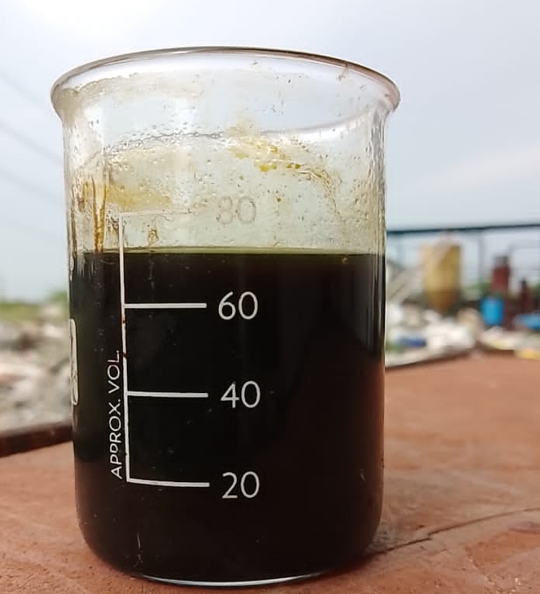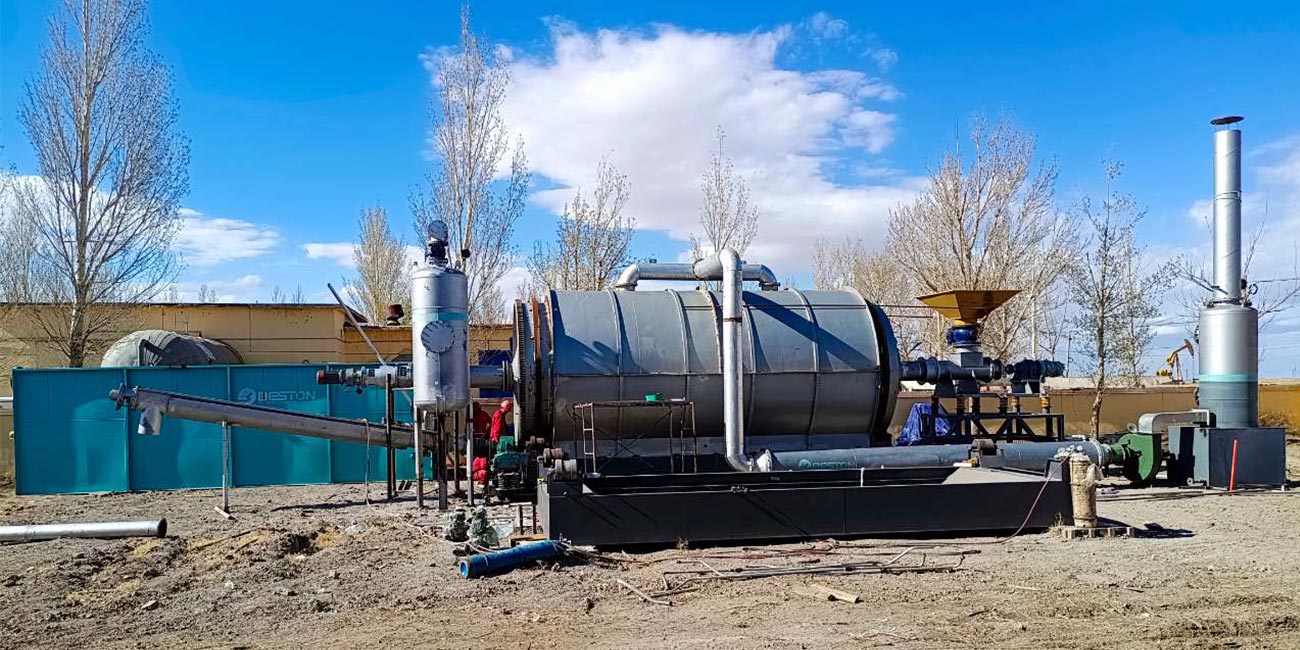Environmental, Social, and Governance (ESG) factors are increasingly important in evaluating companies, including those in the plastic recycling industry. Here’s how ESG considerations apply to this sector:
Environmental (E)
- Waste Management and Reduction:
- Sustainable Practices: Implementing efficient recycling processes that minimize waste.
- Energy Use: Using renewable energy sources to power recycling facilities.
- Pollution Control: Reducing emissions and pollutants released during recycling processes.
- Circular Economy:
- Product Life Cycle: Designing products for easier recycling and longer life.
- Material Sourcing: Using recycled materials in new products to reduce the need for virgin plastic.
- Innovation and Technology:
- Advanced Recycling Technologies: Developing and using technologies that increase the efficiency and effectiveness of recycling.
- R&D: Investing in research to improve recycling methods and reduce environmental impact. The plastic pyrolysis plant is an acknowledged method of processing plastic.
Social (S)
- Community Impact:
- Job Creation: Providing employment opportunities in local communities.
- Community Engagement: Educating and involving the community in recycling efforts.
- Health and Safety:
- Workplace Safety: Ensuring safe working conditions for employees.
- Product Safety: Ensuring that recycled products meet health and safety standards.
- Ethical Labor Practices:
- Fair Wages: Paying fair wages and providing benefits to workers.
- No Exploitation: Avoiding child labor and ensuring ethical treatment of workers.
Governance (G)
- Transparency and Reporting:
- ESG Reporting: Regularly publishing ESG reports to provide transparency on environmental and social impacts.
- Compliance: Adhering to local and international regulations and standards.
- Corporate Governance:
- Board Diversity: Ensuring diversity in the company’s board of directors.
- Ethical Practices: Implementing policies for ethical business practices and anti-corruption measures.
- Stakeholder Engagement:
- Investor Relations: Engaging with investors to communicate the company’s ESG initiatives.
- Customer Feedback: Incorporating customer feedback into sustainability practices. See the function of pyrolysis unit here.
Implementation Examples
- Recycling Facilities:
- Using renewable energy sources like solar or wind power.
- Implementing water recycling systems within the facilities.
- Product Design:
- Designing products that are easier to disassemble and recycle.
- Using labels and materials that are easily identifiable and separable.
- Community Programs:
- Running educational programs to raise awareness about the importance of recycling.
- Partnering with local governments and NGOs to enhance recycling infrastructure. The tyre pyrolysis machine is also a recycling facility.

Challenges and Opportunities
Challenges:
- Technological Barriers: High costs and technological limitations in recycling certain types of plastics.
- Market Fluctuations: Variability in the demand and prices for recycled materials.
Opportunities:
- Innovation: Advances in technology can make recycling more efficient and cost-effective.
- Policy Support: Increasing government regulations and incentives for recycling.
Conclusion
Integrating ESG factors in the plastic recycling industry not only enhances sustainability but also can lead to better business performance and stakeholder trust. Companies that prioritize ESG considerations are likely to be more resilient and successful in the long term. Check the small plastic pyrolysis machine here.
